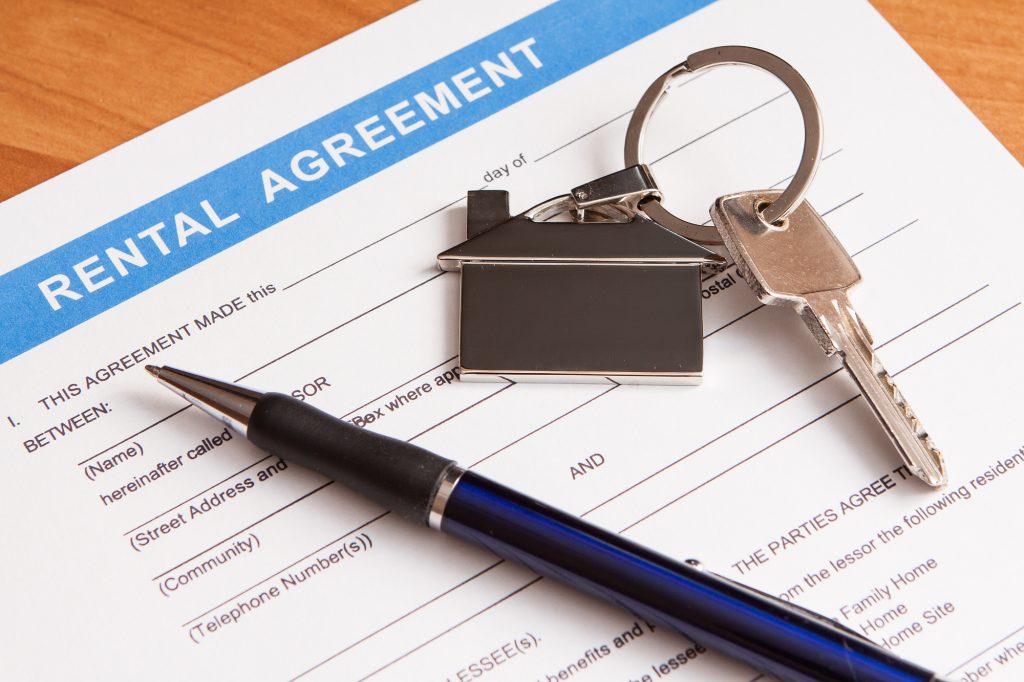
Collecting Rent During The CoronaVirus Pandemic
Since the outbreak of the CoronaVirus pandemic, millions of people have been laid off in the United States. This will significantly impact the ability of residents to pay rent in the coming months. In turn, this creates challenges for apartment owners and managers who have financial obligations to banks, employees, vendors and utility companies.
What makes this situation especially unique is the financial strain it is creating on owners, managers and residents. As a result, property managers, owners and residents need to work together to create flexible rent collection strategies during these unprecedented times. Here are Property Manager Insiders’ top tips for collecting rent during the CoronaVirus pandemic.
Communicate With Residents
The most important thing property managers can do is communicate with residents and ownership. Acknowledge the situation and express that management and ownership is ready to work with residents. Communication with residents should take place on macro and micro levels. The macro level means broadly communicating with every resident. This would be a general message distributed via email marketing, Facebook Groups, text messages or other forms of electronic communication.
The micro level means communicating with each resident about their particular situation. A resident who took a 20% pay reduction is in a different situation than one who was laid off. By communicating on an individual level, property managers can maximize short term rent collection and the chances of long term resident retention. While they are easier to administer, blanket programs do not always work in these situations.
Use The Security Deposit
Since every resident pays a security deposit, here’s a creative way property managers can use it to collect rent. Assume the security deposit was $1,000 and the monthly rent is $1,000. First, ask residents to sign a new 12 month lease. As an incentive, the first two months rent is discounted to $500. Next, the existing security deposit is used to pay the first two months rent. While less than perfect, this creates financial relief for the resident, minimizes the reduction in short term cash and should increase long term resident retention.
Removing the security deposit creates risks to ownership. As a result, property managers must insist residents sign up for security deposit insurance. Rhino offers easy security deposit insurance options for both managers and residents. Residents apply and pay online, and plans are available that cost less than 1% of monthly rent.
Short Term Rent Deferral
Another way to create rent relief is through a short term rent deferral plan. This would allow residents to pay no rent for 1 or 2 months, with a commitment to pay it back over the duration of the lease. There are two ways for property managers to execute short term rent deferrals.
The first is very similar to the security deposit approach. First, ask residents to sign a new 12 month lease. In this rent deferral plan, the fist two months rent would be $0. If the monthly rent was $1,000, the last 10 months rent will be $1,200. While this reduces short term cash flow, it increases long term resident retention. It also minimizes the increased monthly financial burden on residents, since the deferred months are spread over 10 payments.
Property managers can also execute a lease addendum for residents that do not want a new 12 month lease. While the concept is the same in either scenario, the payback period is much shorter using an addendum. For example, deferring $1,000 of rent in April and May, would require $1,500 payments over June, July, August and September. If a resident only has two or three months left on their lease, this option becomes more difficult to execute.
Accept Credit Cards & Waive Fees
Offering residents the ability to pay rent with a credit card is another way to maximize rent collections during the CoronaVirus pandemic. This is also a great way to continue short term cash flow. It is incredibly easy to setup, process and collect credit card payments using PayPal’s merchant services. Their base fee is 2.9% of the the transaction plus a $0.30 processing fee. Rather than collecting $0 or $500 of a $1,000 rent payment, the property would collect approximately $970.70 by letting residents pay with a credit card.
About These Tips & Eviction Moratoriums
Before using any of these tips for collecting rent during the CoronaVirus pandemic, property managers should consult with ownership. It is ultimately the responsibility of owners to determine what, if any, rent relief programs they want to offer. Additionally, strategies should be experienced real estate attorneys. While these are uncertain times that require creative solutions, property managers and owners must still follow the law when it comes to collecting rent.
Property managers and owners must also acknowledge and follow eviction moratoriums established by emergency executive orders. State and local governments around the country have introduced eviction moratoriums to protect renters and homeowners. This post summarizes what executive orders have been introduce around the country. While these vary by location, most have suspended evictions until at least the summer.
Find Contractors Using BidSource
Property managers can use BidSource to have the Property Manager Insider team locate a qualified commercial contractor for their next project or service call. Just fill out the form with your project details and a member of our team will be in touch.


